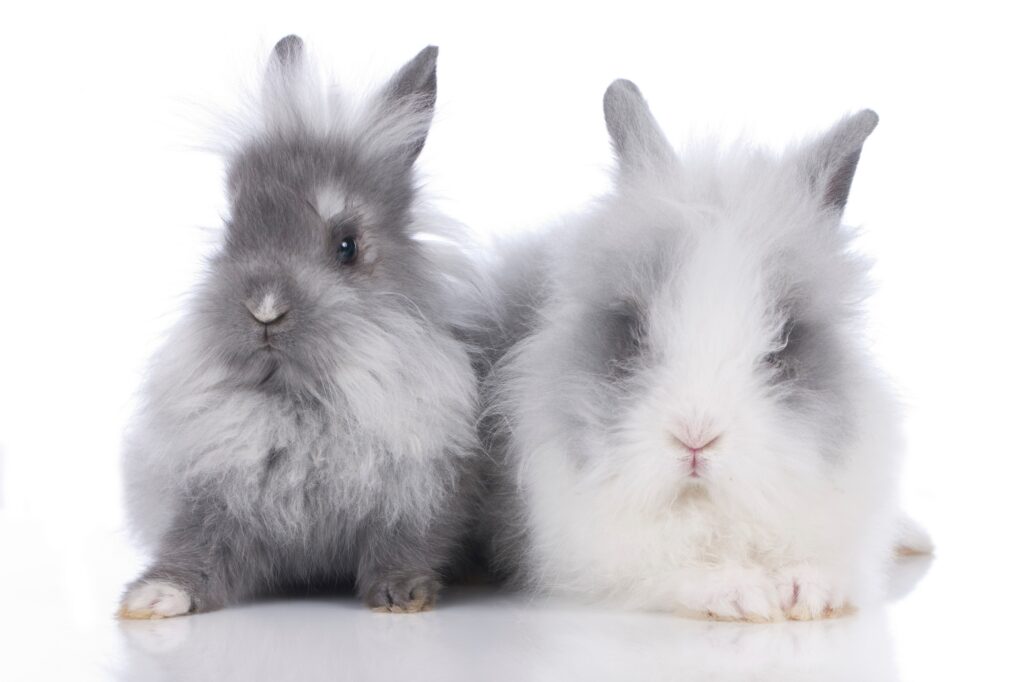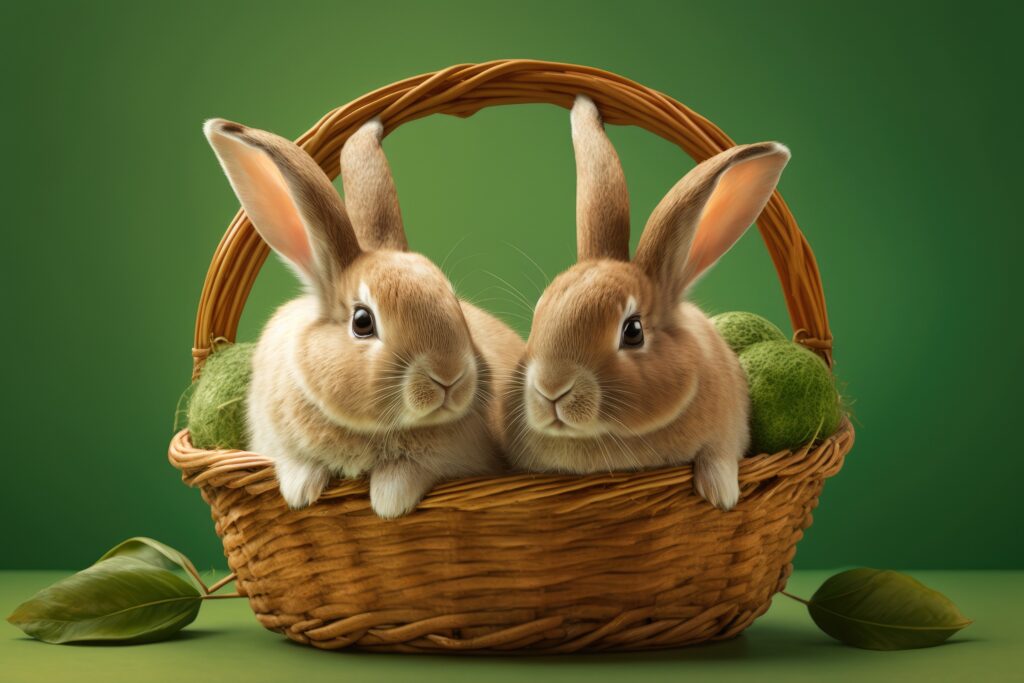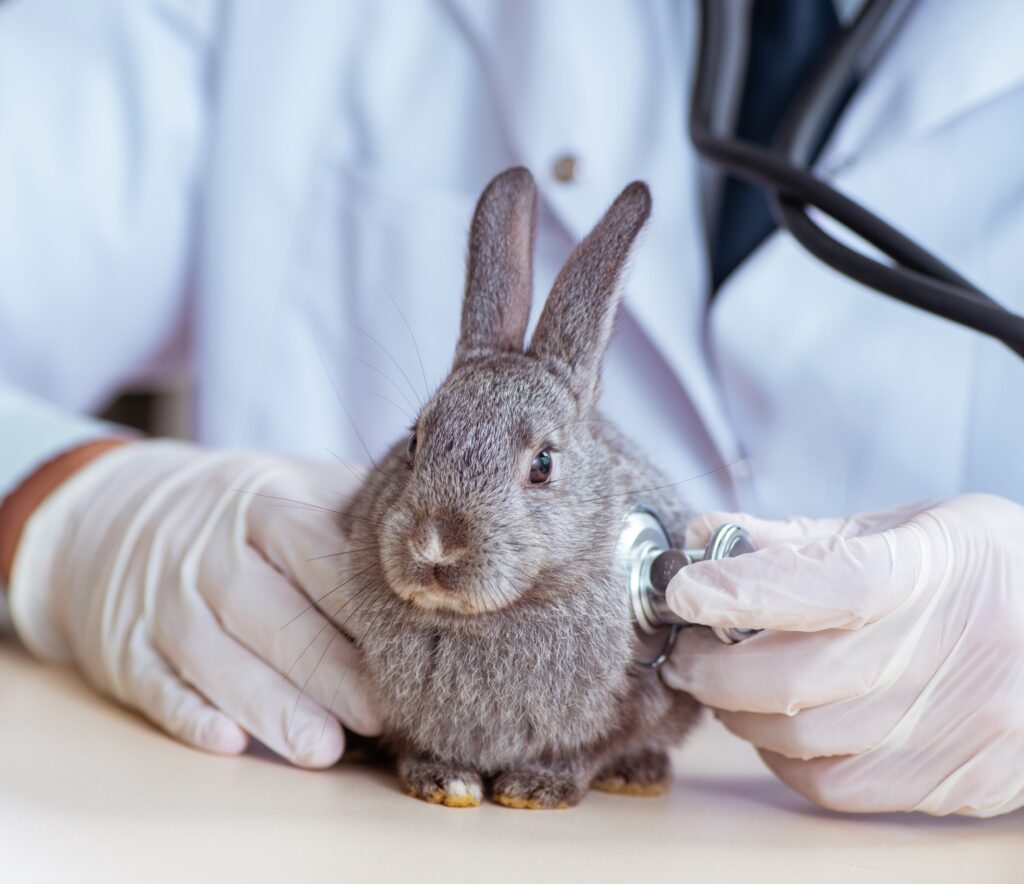Can 2 Netherland Dwarf Rabbits Live Together? A Guide to Rabbit Socialization
Two Netherland Dwarf rabbits can live together, given they are properly introduced and bonded. Rabbit bonding is crucial to ensuring a harmonious relationship between the two rabbits. It is best to introduce rabbits of opposite sexes, with both being spayed or neutered to avoid territorial fights and breeding.

While bonding, closely monitor their interaction to ensure they do not fight or develop aggressive behavior. Providing a spacious living environment, separate sleeping areas, and alternating exposure to one another during this period, can lead to a successful bond and a happy shared living space.
Can Netherland Dwarf Rabbits Live Together?
When it comes to keeping two Netherland Dwarf rabbits together, there are several factors to consider. While they can live together peacefully, there are also risks of aggression and fighting. Here are some things to keep in mind:
Factors to Consider
Before introducing two Netherland Dwarf rabbits, it is important to consider their gender, age, and temperament. It is generally easier to introduce two rabbits of the opposite sex, as same-sex pairs may be more likely to fight. Additionally, rabbits that are close in age and have similar personalities may be more likely to get along.
Introducing Two Netherland Dwarf Rabbits
When introducing two Netherland Dwarf rabbits, it is important to do so gradually and in a neutral area. This can help prevent territorial behavior and aggression. Supervising and separating their interactions is also important if any signs of aggression occur.
Signs of Aggression
Signs of aggression in Netherland Dwarf rabbits may include biting, chasing, growling, and thumping. If these behaviors occur, separating the rabbits and introducing them again later may be necessary.
How to Prevent Fighting
To prevent fighting between two Netherland Dwarf rabbits, providing them with plenty of space, food, and toys is important. This can help reduce competition and territorial behavior. Additionally, spaying or neutering the rabbits may help reduce aggression.
When to Separate Two Netherland Dwarf Rabbits
If two Netherland Dwarf rabbits cannot get along despite your best efforts, it may be necessary to separate them permanently. This can help prevent injury and ensure the safety and well-being of both rabbits.
Housing Two Netherland Dwarf Rabbits

When it comes to housing two Netherland Dwarf rabbits, there are a few things to consider. These rabbits are social animals and can benefit from having a companion. However, ensuring they have enough space and resources to live comfortably together is important.
Size of the Enclosure
The enclosure for two Netherland Dwarf rabbits should be at least 8 square feet of run space per rabbit. This means that a minimum of 16 square feet of space is needed for two rabbits. It’s also important to give them enough height to stand up on their hind legs and stretch out comfortably.
Furnishing the Enclosure
When furnishing the enclosure, it’s important to provide plenty of hiding places and toys for the rabbits to play with. This can include cardboard boxes, tunnels, and chew toys. Providing them with a litter box filled with hay or paper-based litter is also important.
Feeding Two Netherland Dwarf Rabbits
Netherland Dwarf rabbits should have access to fresh hay, fresh vegetables, and a limited amount of pellets. It’s important to provide enough food for both rabbits and ensure they get enough to eat. It’s also important to provide fresh water at all times.
Cleaning the Enclosure
The enclosure should be cleaned regularly to ensure it remains sanitary and comfortable for the rabbits. This includes removing uneaten food, cleaning the litter box, and replacing bedding. It’s also important to spot clean areas where the rabbits have soiled the enclosure.
Overall, with the right amount of space, resources, and care, two Netherland Dwarf rabbits can live happily together.
Health Concerns
Common Health Issues
Like all rabbits, Netherland Dwarf rabbits are susceptible to various health issues. These include:
- Malocclusion: This is a condition where the rabbit’s teeth are misaligned, leading to overgrowth and difficulty eating.
- Myxomatosis: A viral disease that causes swelling and discharge from the eyes, nose, and mouth.
- Pasteurella: A bacterial infection that can lead to respiratory problems, abscesses, and other issues.
- Gastrointestinal stasis: This is a condition where the rabbit’s digestive system slows down or stops. Various factors, including a poor diet, stress, or dental problems can cause it.
Preventive Measures
To prevent health issues in Netherland Dwarf rabbits, it’s important to:
- Feed them a balanced diet that includes hay, fresh vegetables, and limited pellets.
- Provide them with plenty of water and clean their water bowl regularly.
- Keep their living area clean and free of waste.
- Provide them with plenty of exercise and mental stimulation.
- Regularly check their teeth, eyes, and ears for signs of problems.
When to Seek Veterinary Care

If you notice any of the following signs, it’s important to seek veterinary care for your Netherland Dwarf rabbit:
- Loss of appetite or weight loss
- Lethargy or weakness
- Diarrhea or constipation
- Difficulty breathing
- Sneezing or discharge from the nose or eyes
- Abnormal behavior or posture
Overall, Netherland Dwarf rabbits can make great pets, but it’s important to be aware of their health concerns and take steps to prevent and address any issues that may arise.